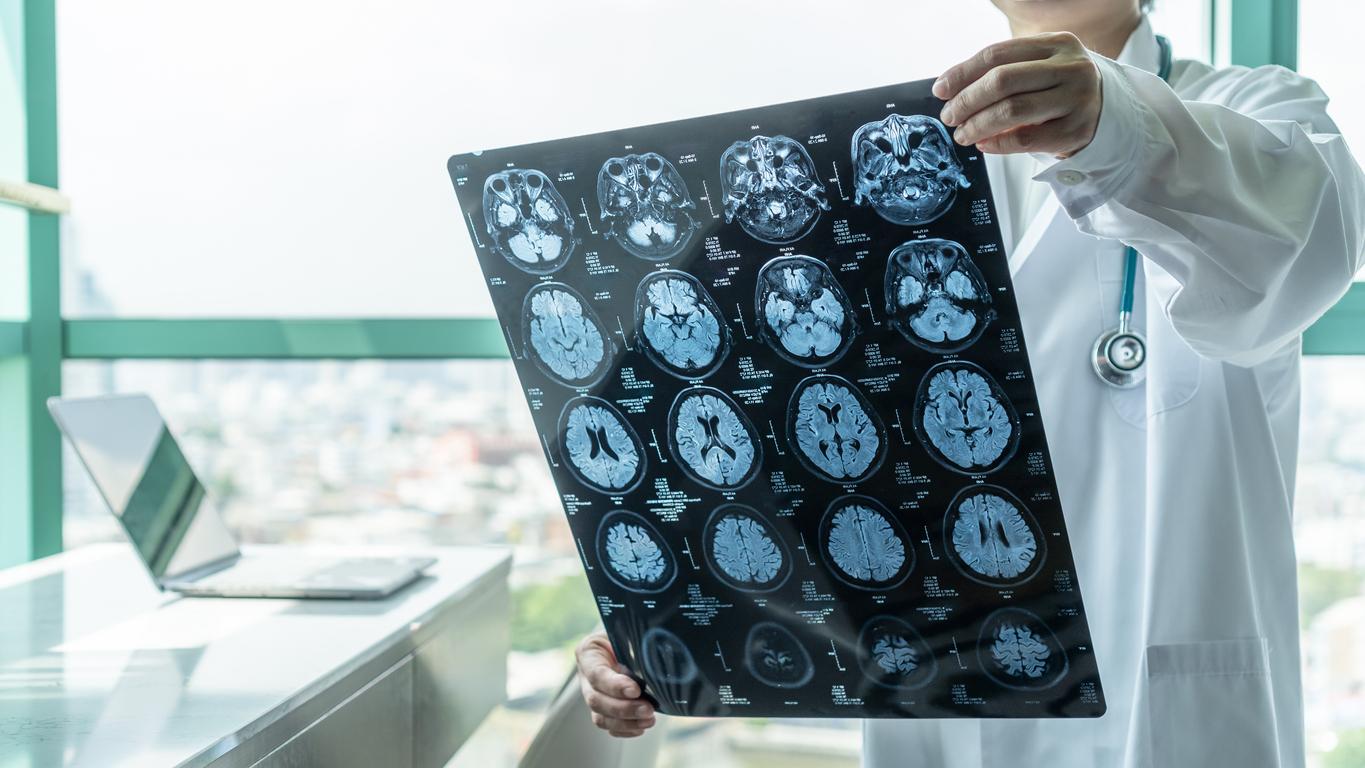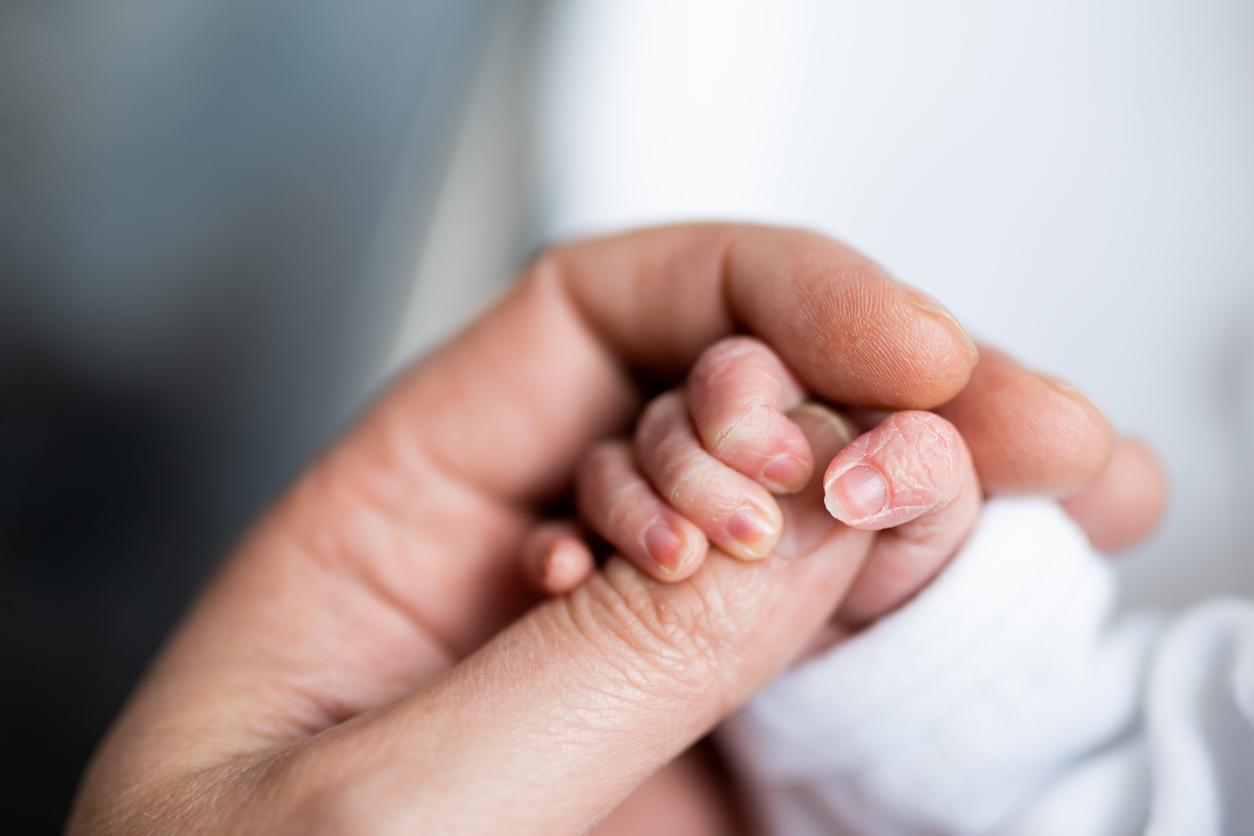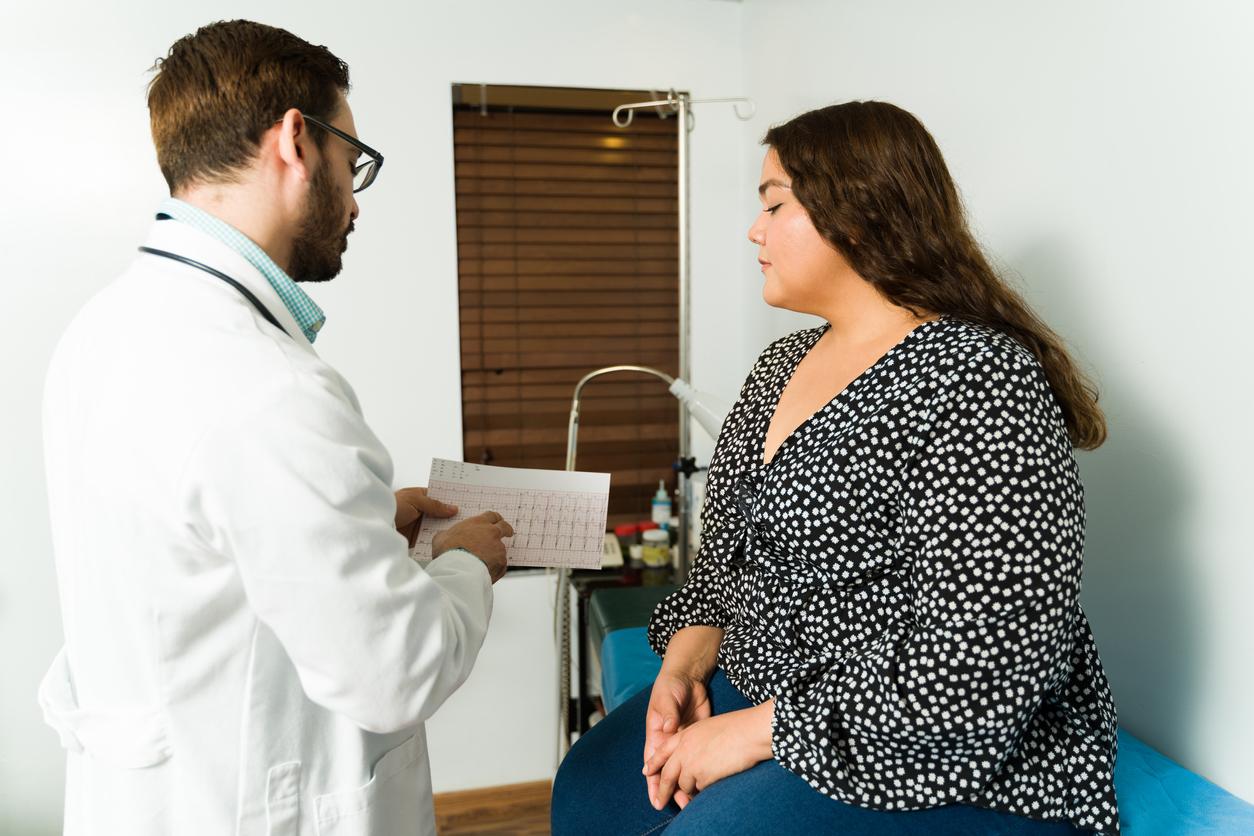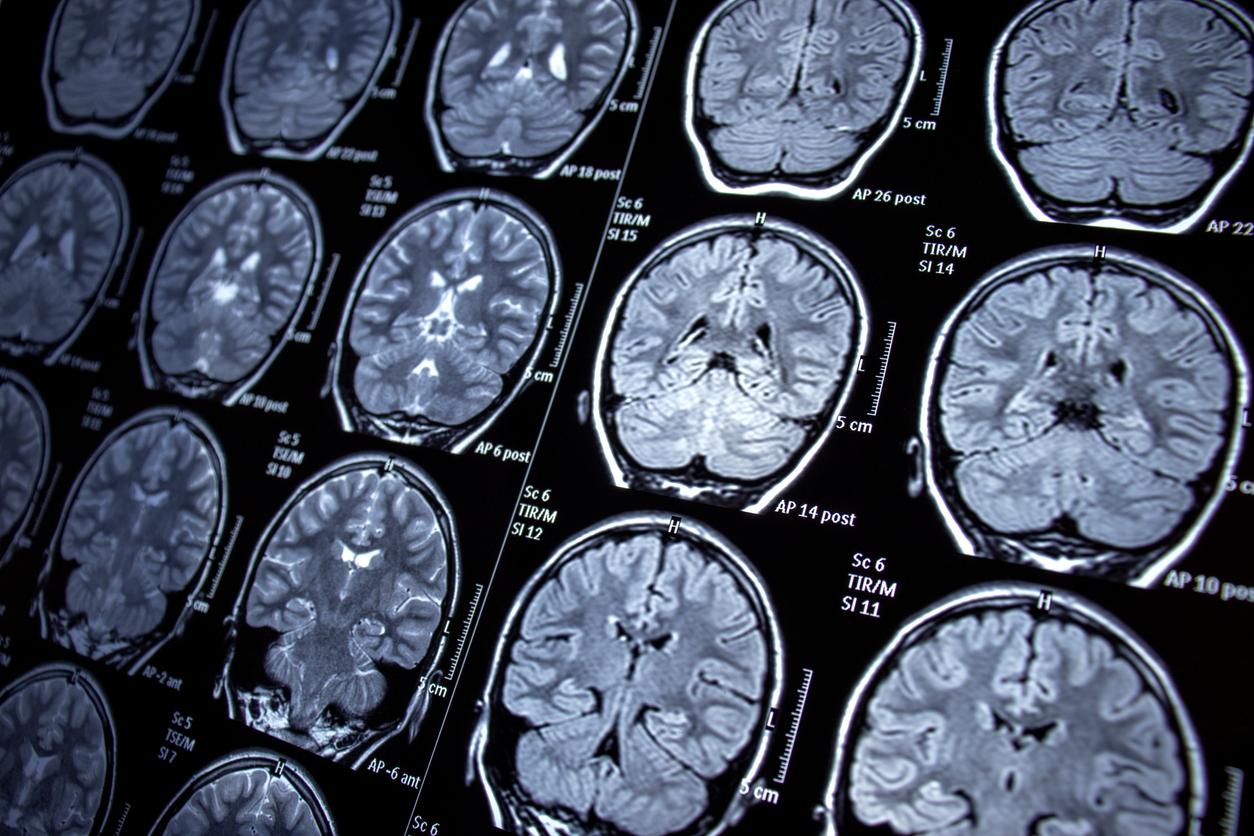INTERVIEW – While the government wishes to strengthen cooperation between the authorities and psychiatrists, professionals are skeptical.
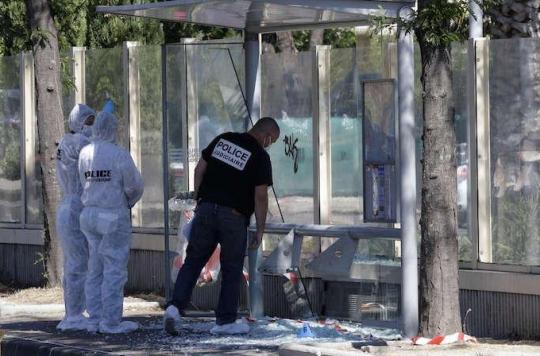
Strengthen collaboration between authorities and psychiatrists to better fight terrorism? The idea put forward by the Minister of the Interior the day after the truck attack in Marseille is grinding the teeth of health professionals. These evoke medical confidentiality, the prerogatives of each other – care is one discipline and order is another. Part of the profession is annoyed by the desire to secularize psychiatry.
The Ministry of Health, for its part, pleaded for the establishment of “protocols” to detect within hospital consultations psychiatric profiles at risk of committing terrorist acts. For Pierre Lamothe, expert-psychiatrist, if certain government proposals are not uninteresting, the global approach could prove to be rather ineffective.
Should psychiatrists cooperate more with the authorities and report their patients at risk?
Dr Pierre Lamothe : In fact, we already had these debates in the National Assembly in 1998, with the logistics of the first kilometer. At the time, discussions focused on “metro pushers” and the means to intervene before these acts. Collaborating more with the authorities can be interesting as long as it does not violate the main principles of the separation of powers and medical confidentiality.
It is indeed necessary to strengthen the network in order to improve the ability to report. One can imagine psychiatrists attached to the authorities who would strengthen the technical knowledge of hospital professionals on human risks. But it should be remembered that we live in a society that has never been so secure, we can not question the way it is organized every time ideas fuse under the influence of media excitement.
Are there really “protocols” to detect patients at risk?
Dr Pierre Lamothe : No, there is no protocol and there cannot be. It is necessary to create a situation of awakening, which does not concern only the psychiatrists but each one of us. Dangerous people are above all people in pain. We must therefore open up to others, observe, report, so that the person knows that he is the subject of surveillance, more or less benevolent.
But this must come out of a purely security logic: surveillance cannot be perceived as a simple repression, but also as a form of aid.
Do we not risk missing out on many risk profiles, which do not relate to a mental pathology?
Dr Pierre Lamothe : Yes, and that is the whole problem with this approach, which emphasizes the psychiatrization of terrorist attack profiles. It should not be forgotten that many people are fascinated by the publicity and media outburst generated by a terrorist attack. Most of these people have behavioral problems, but these are not mental illnesses. Besides, the mentally ill are not dangerous.
.







